No passado dia 21 de fevereiro de 2025, reuniu em Lisboa, o Conselho de Administração da AULP, dirigido pelo Presidente da associação, Professor José Arlindo Barreto, Reitor da Universidade de Cabo Verde.
Estiveram presentes os Vice-presidentes do Conselho de Administração da AULP: Universidade de Macau (Macau), Professor Rui Martins, Universidade Mandume Ya Ndemufayo (Angola), Professor Sebastião António, a Universidade Federal de Minas Gerais (Brasil), Professora Sandra Almeida. Na qualidade de Vogais, fez-se representar a Universidade Politécnica de Moçambique (Moçambique), a Universidade Estadual de Campinas (Brasil). Marcaram presença o Reitor da Universidade do Porto, Professor António Pereira, o Reitor da Universidade Zambeze (Moçambique), Professor Bettencourt Capece, o Diretor do Instituto Nacional de Estudos e Pesquisa (Guiné-Bissau), Professor Zeca Jandi. Na qualidade de Secretária-Geral da AULP, a Professora Cristina Montalvão Sarmento. Do Conselho Fiscal: o Presidente do Instituto Politécnico de Lisboa (Portugal), Professor António Belo e com vogais: A Universidade Politécnica de Macau (Macau), o Professor Joaquim Carvalho, o Reitor da Universidade Agostinho Neto (Angola), Professor Pedro Magalhães, e o Reitor da Universidade Eduardo Mondlane (Moçambique), o Professor Manuel Guilherme Junior.
Foi cumprida a ordem de trabalhos prevista salientando-se a apresentação do relatório de atividades de 2024, as edições publicadas da AULP e foram apresentados os dados estatísticos e efetuado o balanço geral dos Programas de Mobilidade: Programa Mobilidade AULP e Programas Erasmus +: ProCultura+; ProCTEM+; ProSaúde+. O Conselho de Administração analisou e aprovou as contas de 2024 e o orçamento para 2025.
No final o Reitor Bettencourt Capece deu conta dos preparativos para o XXXIV Encontro AULP que terá lugar de 16 a 18 de junho de 2025 na Beira, Moçambique sob o acolhimento da Universidade Zambeze (UNIZAMBEZE) em conjunto com: Universidade Licungo UniLicungo), Universidade Católica de Moçambique (UCM), Universidade Aberta (ISCED) e Universidade Alberto Chipande (UniAC). Após a reunião todos os membros do Conselho de Administração presentes em Lisboa, puderam conviver num almoço com a equipa da sede da AULP.

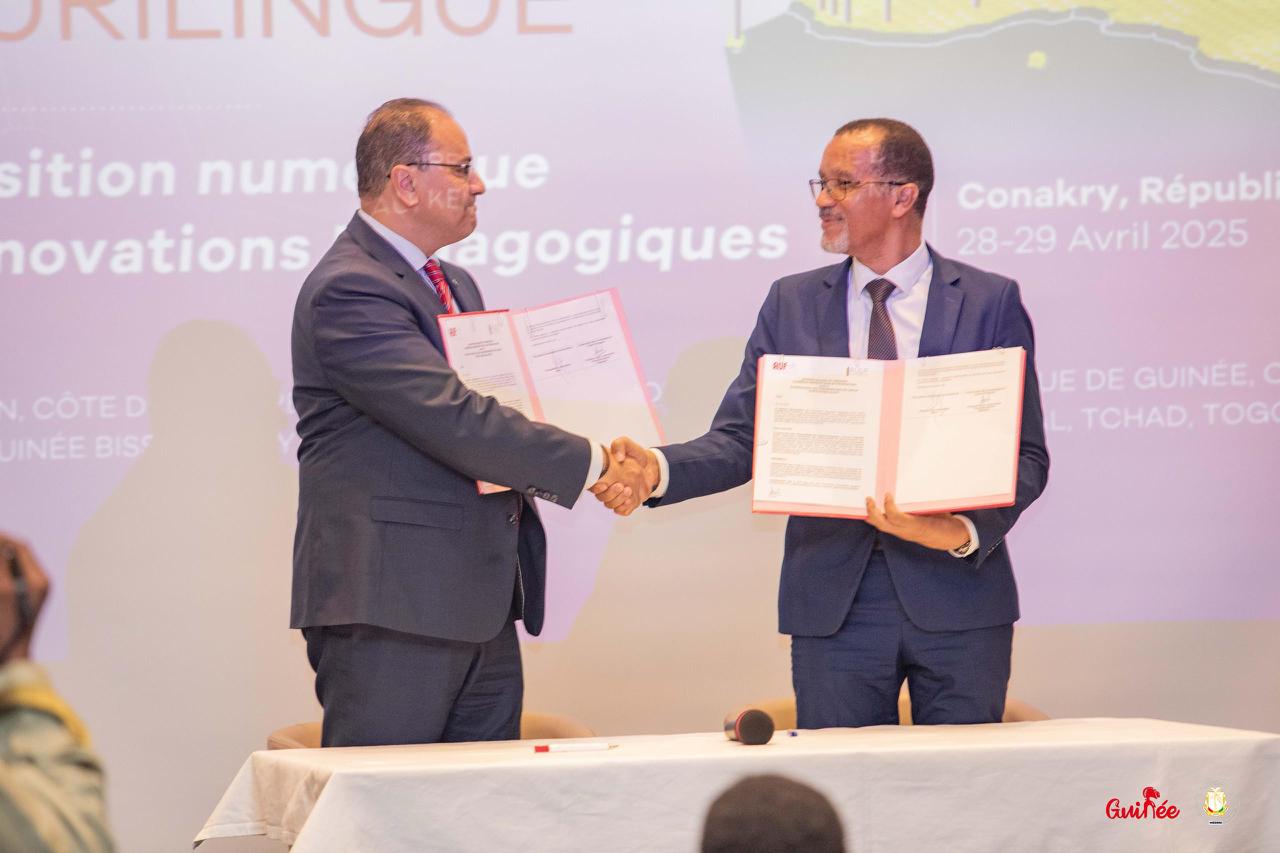

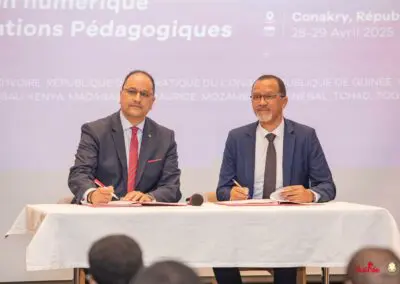
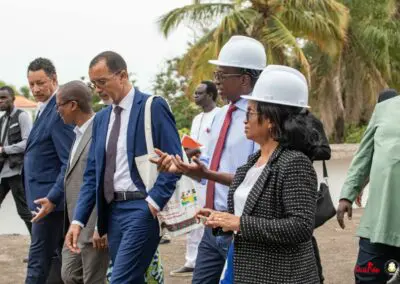

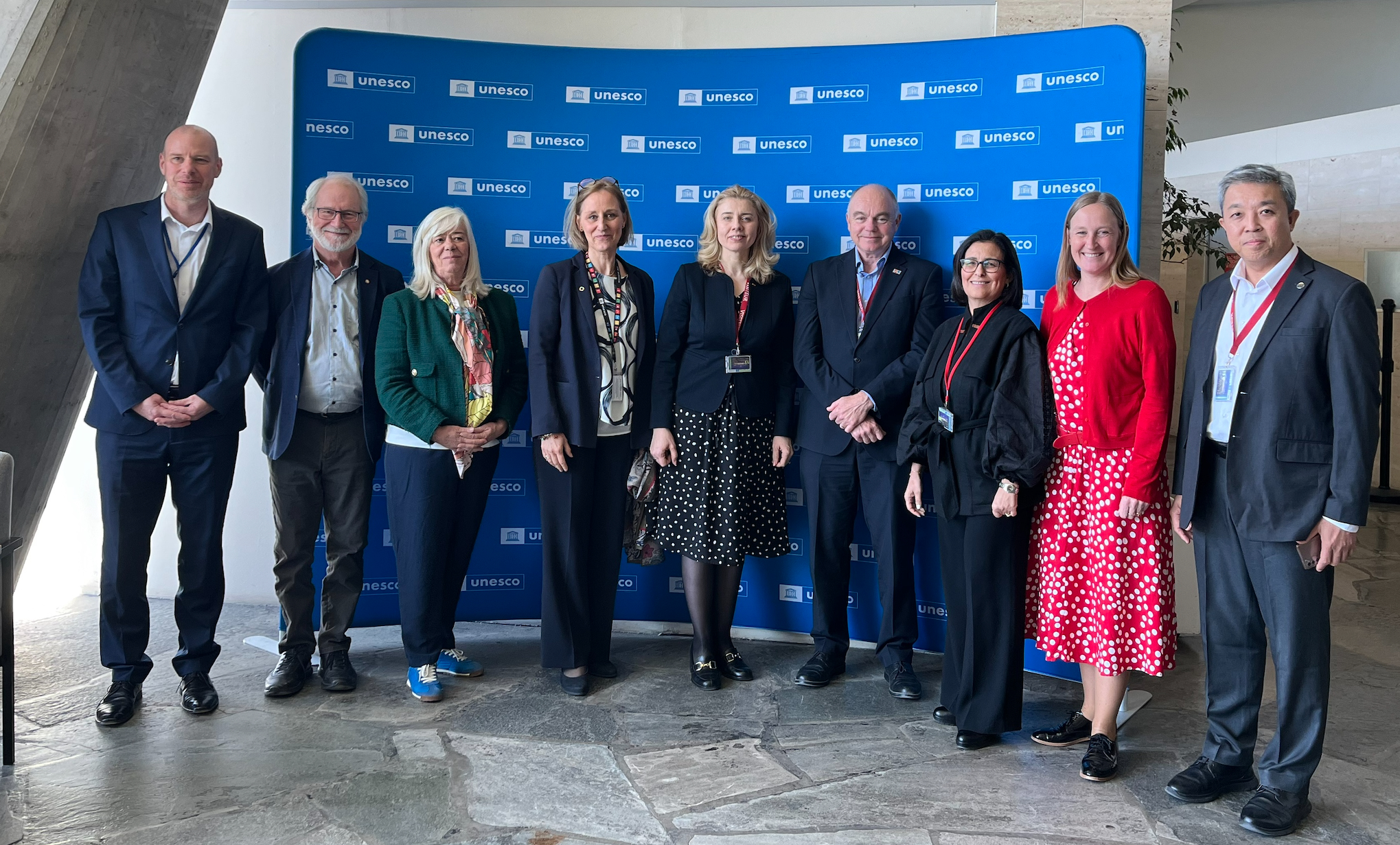
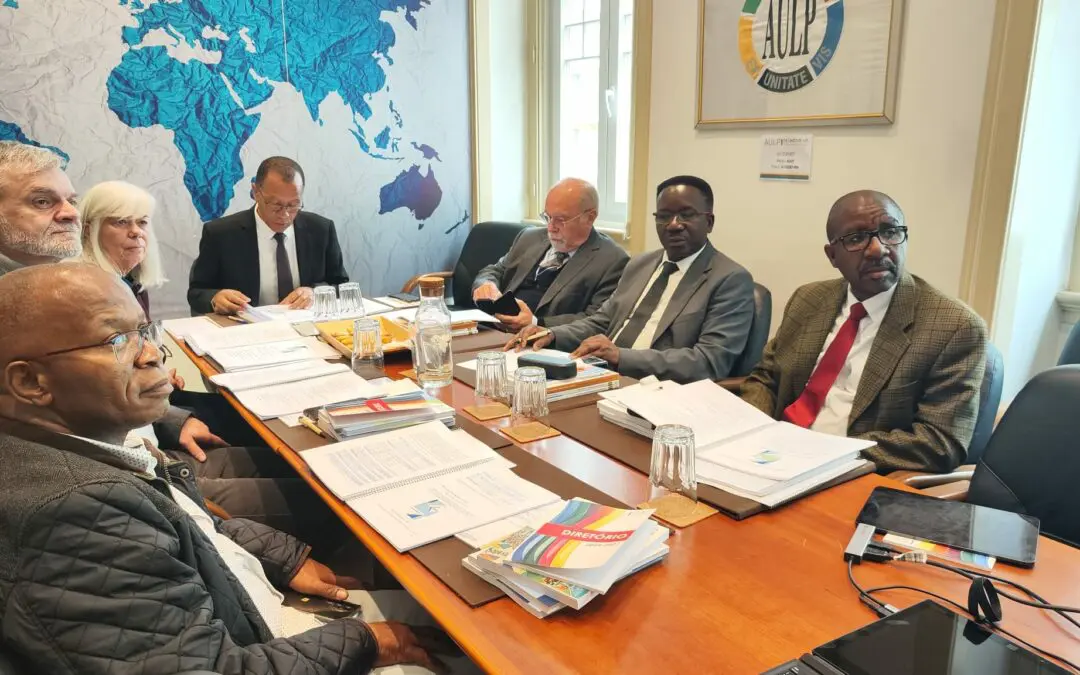
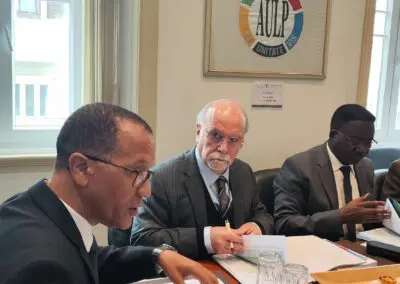
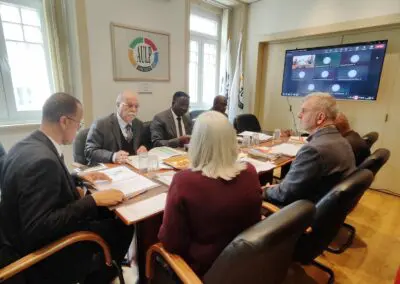
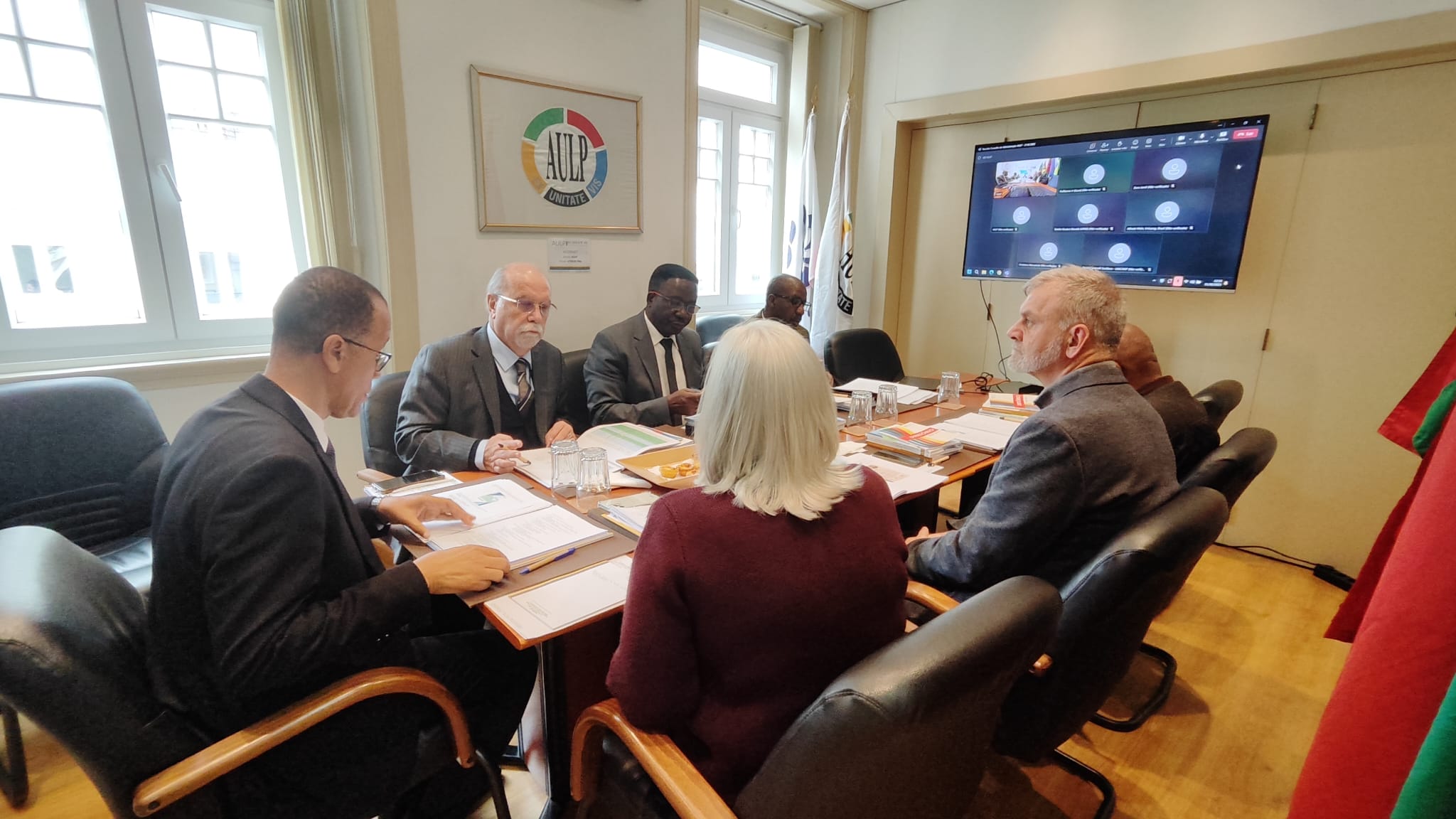

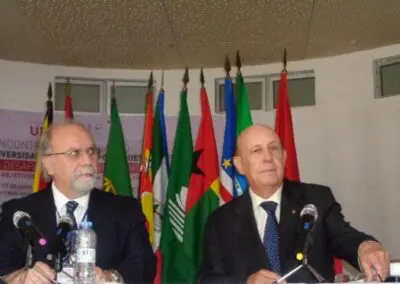
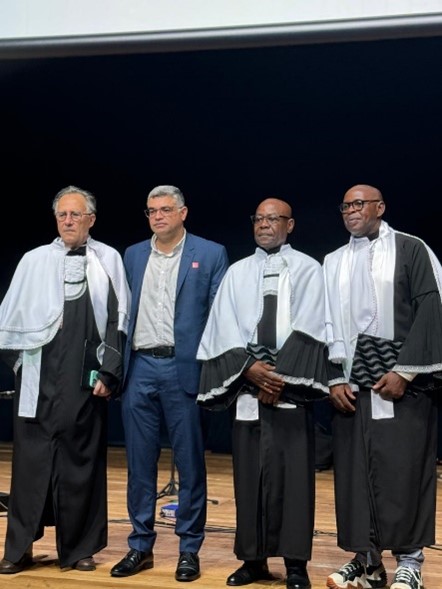
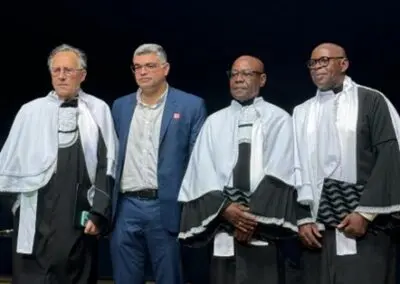
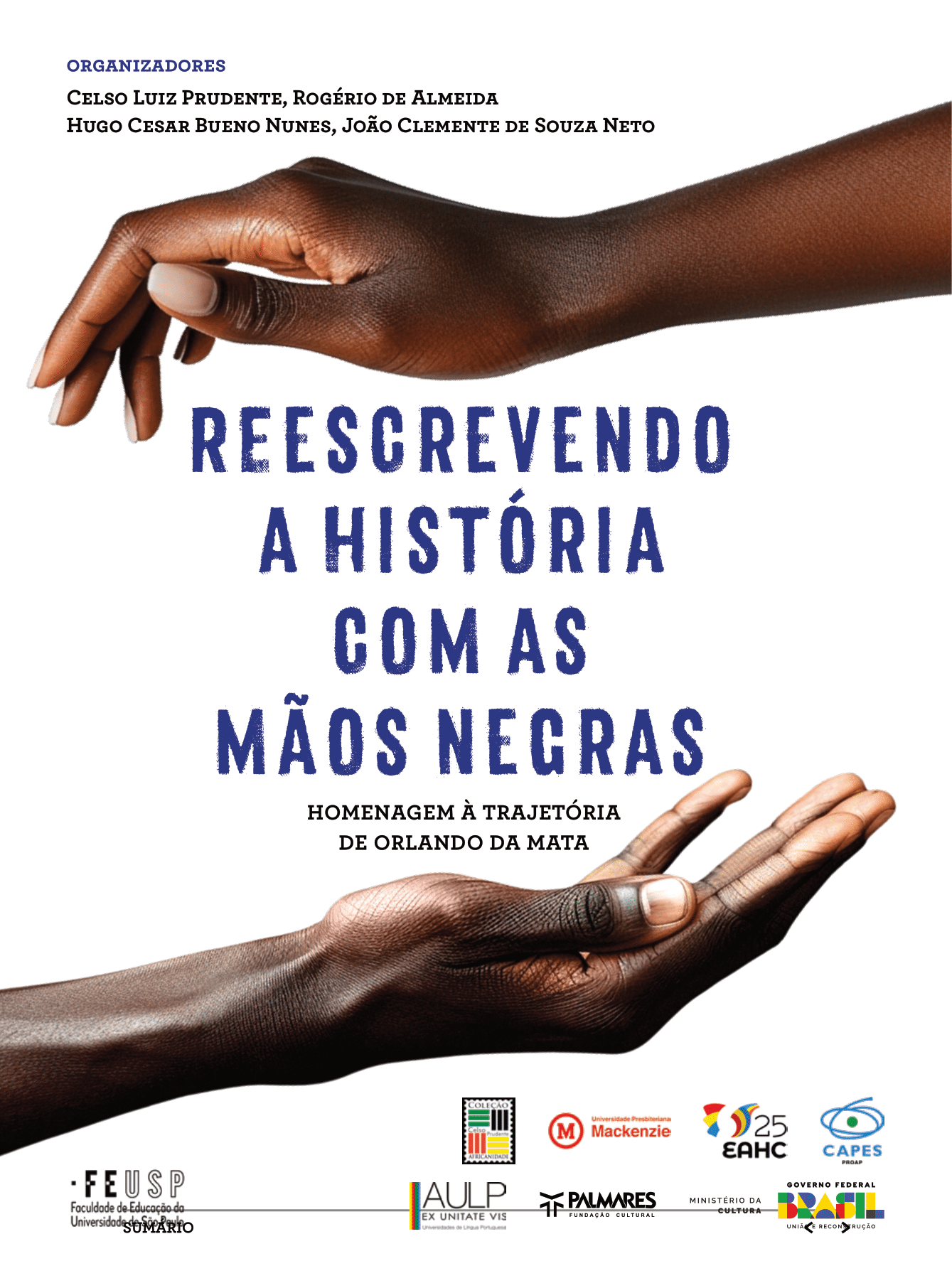


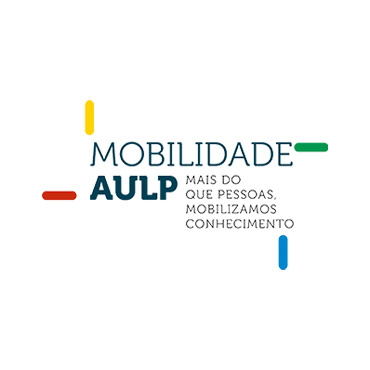

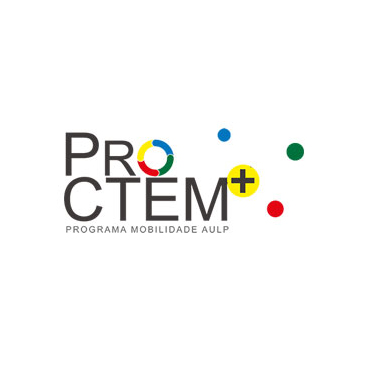

Comentários recentes